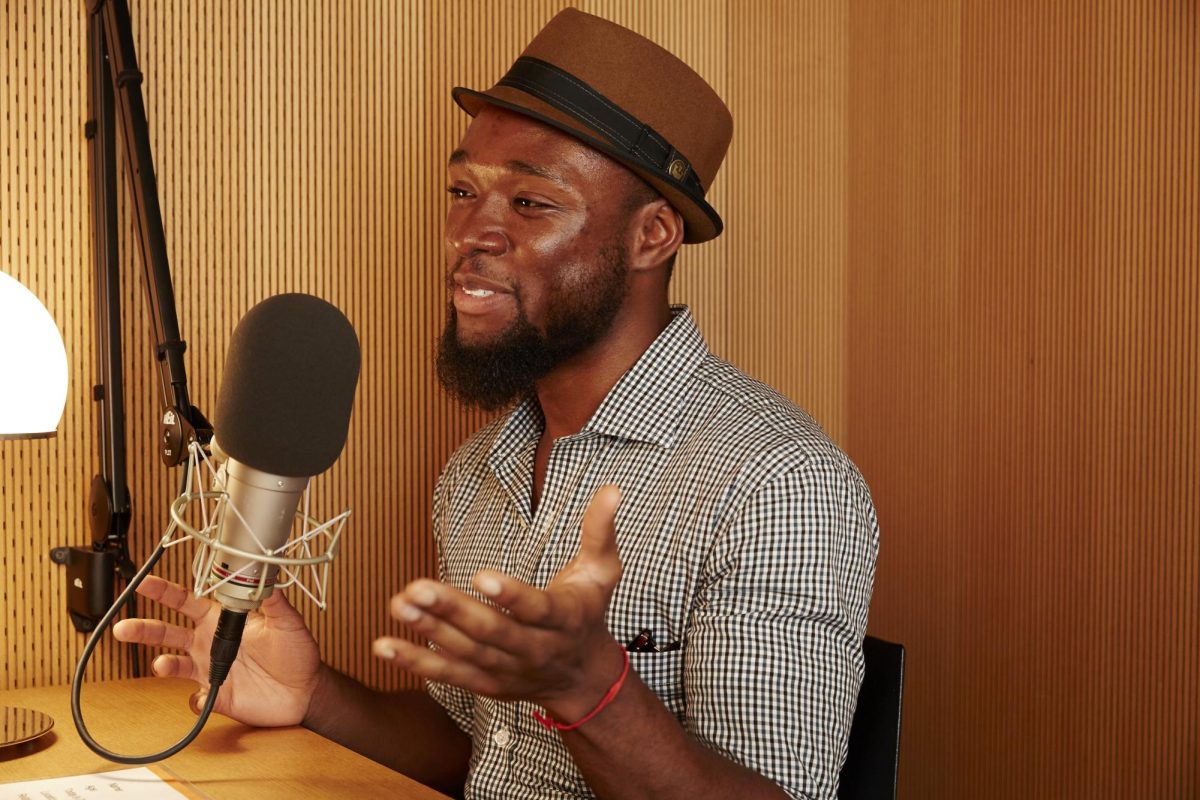University of Minnesota professor Joseph Gaugler started an ambitious project this month: He plans to visit all 87 counties in the state to educate people about Alzheimer’s disease and resources available to those affected by memory loss.
“This is a daunting task and there’s really not a timeframe,” Gaugler said. “I really wanted to make this a statewide initiative, to talk with families and share information and information related to dementia. I really wanted to listen to families and their experiences to further refine our research and work.”
Information about Alzheimer’s disease and dementia is needed throughout Minnesota. There are more than 94,000 Minnesotans age 65 and older living with Alzheimer’s, according to the Alzheimer’s Association. That number is expected to increase nearly 30 percent by 2025.
The first two stops on the tour were in rural settings: Wabasha County and Zumbro Falls. The informational sessions, hosted at St. Elizabeth’s Medical Center and a Memory Cafe in Pine Island, addressed a wide range of questions brought up by participants. Around 50 people attended the session.
“We are the only hospital in Wabasha County, so we work very closely with Wabasha Public Health to focus on wellness and prevention, just trying to meet the rural health needs of our area,” said Jenny Schlagenhaft, director at St. Elizabeth’s Medical Center. “Rural healthcare is a specialty all its own.”
Rural communities lack many of the resources found in urban settings, such as transportation, adequate end-of-life care for seniors, medical care and support for caregivers.
“We’ve identified a real need around dementia and Alzheimer’s,” Schlagenhaft said.
Nationally, the current cost of care for Alzheimer’s disease is $277 billion. In 2017, there were 254,000 caregivers for Alzheimer’s patients in the state of Minnesota, according to the Alzheimer’s Association.
“The unpaid cost of caregiving is really immense,” said Leah Challberg, senior program manager and care consultant for the Alzheimer’s Association. “Caregivers run out of [paid time off] and take a lot of time off. The more we can do to help alleviate the burden of these people, the better.”
Schlagenhaft said that some in the hospice care industry worry the field may not be prepared for the care necessary as the Baby Boomer generation ages.
“The greatest challenge we face now are limited resources,” Schlagenhaft said. “I don’t know if we’re going to have enough skilled nursing care and capacity to accommodate all the people who may need it years from now.”
Marie Hlava, who hosts Pine Island’s Memory Cafe, a support group for those with Alzheimer’s and their caregivers, said families often stop visiting their family members with Alzheimer’s disease because it can be too emotional to see their relatives forget them.
“What they don’t realize is that person, when they know they’re going to have visitors, that whole day, they’re excited,” Hlava said. “They’re excited that someone is coming to visit them. And they’re excited and happy to see them.”
Although the future is uncertain for those with Alzheimer’s disease or dementia, there is hope in the support groups, like the Memory Cafe, and in educational sessions, like the ones Gaugler hosts.
“Minnesota is aging, and it’s important to engage with families now and leverage the research opportunities that we do have,” Gaugler said. “One has to listen to those with memory loss. It is challenging to see that person as they regress. But, you have to focus not on what is lost, but what’s still there and how we can maintain that for as long as possible.”







